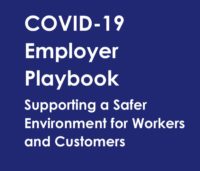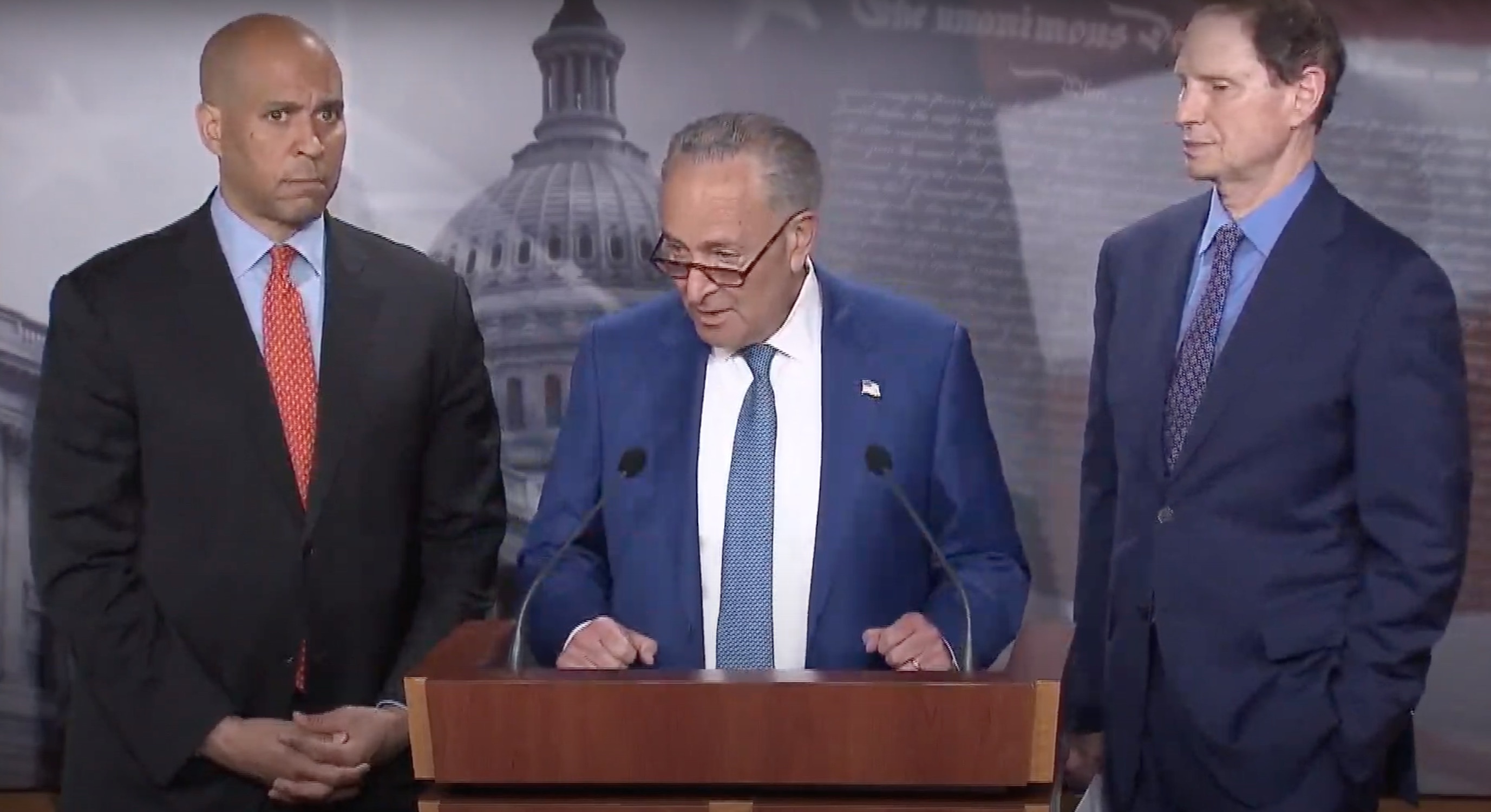Business often require outside capital to finance operating activities and to enable scaling and growth. Financing in the cannabis industry is notoriously challenging with regulatory obstacles at the local, state and federal levels. Recent market dynamics pose additional challenges for both financiers and cannabis operators.
We sat down with Len Tannenbaum, CEO & Partner of Advanced Flower Capital Gamma (AFC Gamma, NASDAQ: AFCG) to learn more about AFC Gamma and to get his perspective on recent market trends.
Aaron Green: In a nutshell, what is your investment/lending philosophy?
Len Tannenbaum: AFC Gamma is one of the largest providers of institutional loans to cannabis companies nationwide in all aspects of production: cultivation, processing, and distribution. Cannabis companies, no matter the size, traditionally lack the lending opportunities that other enterprises have available, and that’s where AFC Gamma comes in. As an institutional lender, we provide financial solutions to the cannabis industry.
AFC Gamma is a commercial mortgage REIT that provides loans to companies secured by three pillars: cash flows, licenses, and real estate. We provide term loans, draw facilities, and construction loans. Each loan is unique and tailored specifically to meet the needs of our borrowers. This unique partnership approach with our clients allows us to find solutions to help them expand and grow alongside them.
Since starting AFC Gamma, we have completed almost $500 million of transactions. We provide capital to an industry that others do not and, in turn, allow these operators to build cultivation facilities, production facilities, and dispensaries.
Green: What types of companies are you primarily financing?

Tannenbaum: AFC Gamma seeks to work with operators, ideally in limited license states. We make loans to companies secured by three pillars: cash flows, licenses, and real estate. We tend to lend to operators in regulatory-friendly states, such as: Ohio, Pennsylvania, New York, New Jersey, Maryland, Massachusetts, Arizona, New Mexico, Missouri, Illinois, Michigan, and Nevada. Traditionally, we shy away from states like California, Washington and Oregon given our approach to lending. We have 16 borrowers in 17 states, and what we look for are companies that we can grow with over the long term.
Green: What qualities do you look for in a cannabis industry operator or operating group?
Tannenbaum: We tend to work with three different buckets of operators. You have the large publicly traded multi-state operators (MSOs) we have lent to, such as Verano. Then you have the tier right below the top tier MSOs, where you have some public enterprises like Acreage, who is one of our borrowers, and then some private companies such as Nature’s Medicine and Justice Grown. The third tier are smaller operators. They’re single or two-state operators, and we’re typically coming in to help them build out licenses that they want or help them expand within that state. That’s why state-by-state dynamics are so important to us and why we typically only lend to limited license states.
We look at portfolio diversity on a step-by-step basis rather than a borrower-by-borrower basis. We tend to focus on deals in limited license states and also deals that have real estate as collateral. We have found that REIT loans give our clients the most flexibility, and we are able to finance more companies this way.
Green: Capital market dynamics have led to significant public cannabis company revaluations in 2022. How has this affected your business?
 Tannenbaum: Although capital market dynamics have made an impact on a significant number of public cannabis companies’ revaluations this year, our overall business hasn’t been affected too much and that’s because the other lending options available right now are not ideal choices for most borrowers. One of the ways a lender can achieve credit enhancements or securities is by raising capital in the public markets. When the markets are more challenging, those companies have a harder time accessing capital when they may need it most. In turn, this could cause slow growth overall, more cash conservation and it removes one of the benefits to lenders. We’d like everyone to have more robust equity from that standpoint, but the flip side is, if equity gets too high in price, those borrowers won’t come to us lenders and they’ll raise capital in the equity markets since the equity is cheap. We’re definitely conducting a lot of business because the equity market is not available to cannabis companies. If that were to change, while our loans would be theoretically safer, they would choose equity instead of debt.
Tannenbaum: Although capital market dynamics have made an impact on a significant number of public cannabis companies’ revaluations this year, our overall business hasn’t been affected too much and that’s because the other lending options available right now are not ideal choices for most borrowers. One of the ways a lender can achieve credit enhancements or securities is by raising capital in the public markets. When the markets are more challenging, those companies have a harder time accessing capital when they may need it most. In turn, this could cause slow growth overall, more cash conservation and it removes one of the benefits to lenders. We’d like everyone to have more robust equity from that standpoint, but the flip side is, if equity gets too high in price, those borrowers won’t come to us lenders and they’ll raise capital in the equity markets since the equity is cheap. We’re definitely conducting a lot of business because the equity market is not available to cannabis companies. If that were to change, while our loans would be theoretically safer, they would choose equity instead of debt.
Green: Debt on cannabis companies balance sheets have increased significantly in recent years. What is your perspective on that?
Tannenbaum: When equity markets were free and the valuations were high, cannabis companies raised money in the equity markets rather than take on debt. Now that the equity markets have been somewhat closed and valuations are much lower, we see their debt has increased over the past two years.
Green: How does the lack of institutional investor participation in the cannabis industry affect your business?
Tannenbaum: Right now, we are one of the biggest lenders in cannabis. Looking to the future, though, if the SAFE Banking Act passes, we could see an influx of institutional capital that would increase competition amongst cannabis-specific and mainstream lenders. From the outset, most of the competition will come from hedge funds, not big banks. This competition will drive down interest rates and attract borrowers like MSOs.
Green: What would you like to see in either state or federal legalization?
Tannenbaum: The Senate passing the SAFE Banking Act. Should this happen, lenders, including AFC Gamma, will be able to borrow cheaper, which will, in turn, allow lenders to lend cheaper. It will be a net positive for all operators. It could also be positive for lenders assuming they have the infrastructure and capabilities to scale and decrease the cost of capital once the money starts flowing and more deals are being made.
Green: What trends are you following closely as we head towards the end of 2022?
Tannenbaum: The most important trend we’re following is state by state trends. We’re excited to see new states getting their act together like New York. We’re excited about Georgia. We’re also looking forward to Missouri going rec. On the flip side, we’re also watching Virginia issue more than 400 licenses, diluting down the limited license states into basically an unlimited license state, which personally doesn’t make sense.
The other trend we’re watching across the country is cannabis prices. There is definitely a gray and legacy market that goes across border that should be enforced. That flow of cannabis product is depressing prices, especially in the unlimited license states. I believe there is a chance that trend starts reversing as many grows are now inefficient. The low end of inefficient grows are going to start closing, which may increase prices going into next year.



































